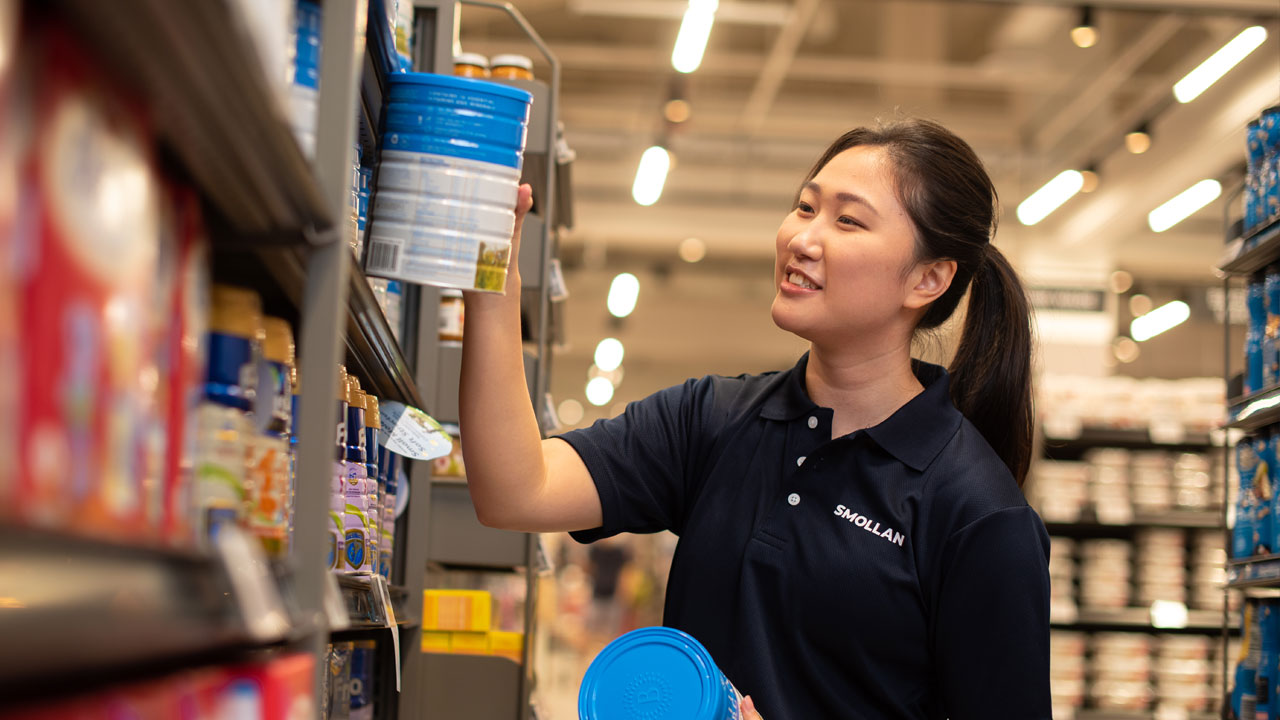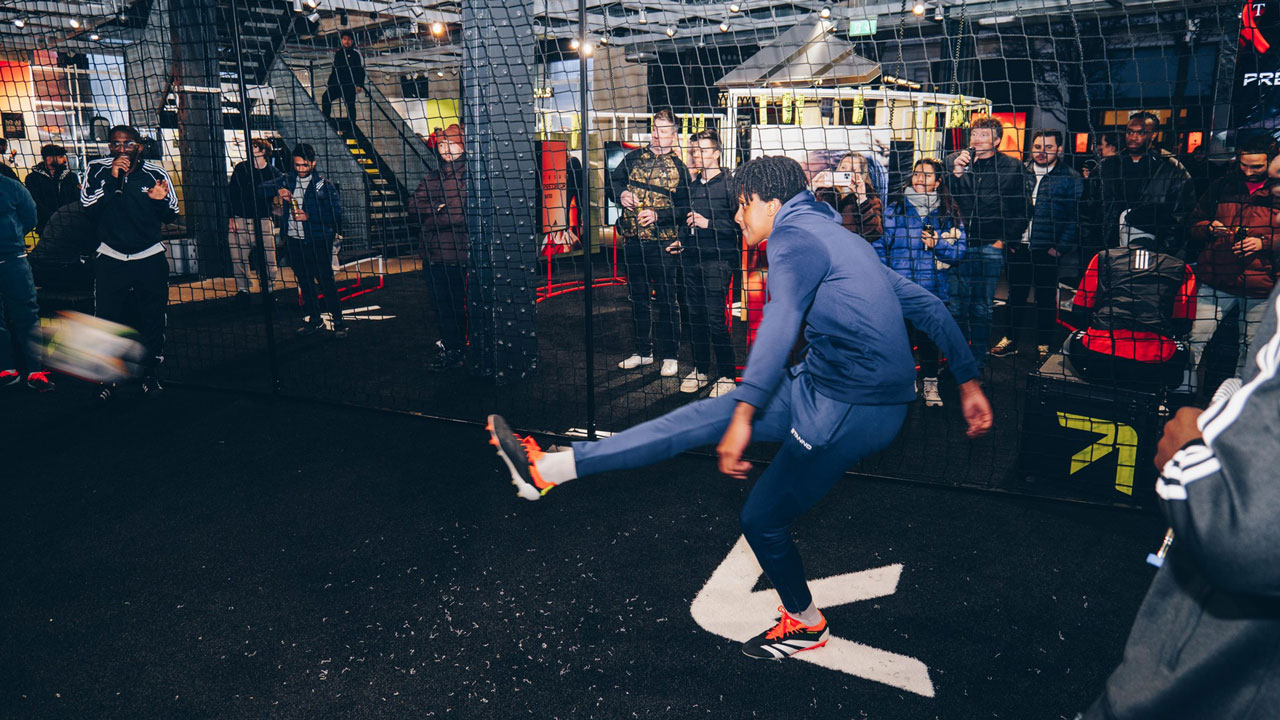At Smollan, we’ve had a front-row seat to this evolution — helping brands and retailers adapt to an ever-changing environment where digital innovation, omnichannel experiences, and consumer expectations are redefining success.
Now, as we reflect on the past decade, we ask: What will shape the future of retail in the next 10 years?
From AI-driven retail and immersive commerce to resilient supply chains and sustainable practices, the future of retail is about far more than transactions — it’s about creating experiences, delivering value, and meeting the evolving expectations of consumers worldwide.
A Look Back: The Evolution of Retail 2015–2024
2015–2017: The Digital Awakening
In this period, brick-and-mortar stores remained central to shopping, but the seeds of omnichannel retail were sown.
- Retailers began blending physical and digital experiences.
- The rise of smartphones and social media began to influence purchase decisions.
- Early e-commerce disruptors like Amazon gained momentum.
Consumers’ expectations around convenience, accessibility, and personalisation began shifting, setting the stage for the digital boom.
2018–2019: Data Dominance and Personalisation
By 2018, data became the lifeblood of retail strategy. Retailers leveraged AI and machine learning for:
- Hyper-personalisation
- Predictive analytics
- Dynamic pricing
- Targeted marketing campaigns
Statista reported that 91% of companies with revenues over $100 million invested in AI to improve customer experiences during this period.
2020–2021: COVID-19 as a Catalyst for Change
The pandemic forced an industry-wide reinvention:
- Worldwide e-commerce sales jumped 27.6% in 2020, exceeding $4.28 trillion (eMarketer).
- Supply chains faced unprecedented strain.
- Contactless technology and digital transformation accelerated rapidly.
Agility became critical as retailers adapted to a new reality of online-first, experience-driven commerce.
2022–2024: The Rise of Purpose-Driven Retail
Post-pandemic consumers increasingly aligned their spending with their values:
- Ipsos reported that 72% of global consumers preferred buying from brands reflecting their values.
- Sustainability and ethical consumption became major decision drivers.
Retailers that embraced purpose-led narratives and ESG commitments gained a competitive edge, cementing sustainability as a core expectation rather than a differentiator.
Looking Ahead: Retail Trends Shaping 2025 and Beyond
Immersive Commerce
Technologies like AR, VR, Web3, and the metaverse are reshaping how consumers shop — blurring the lines between physical and digital retail environments.
The AR/VR market alone is projected to exceed $209 billion by 2025 (AZO Optics).
AI-Driven Retail Transformation
Generative AI is transforming every facet of retail:
- Personalised marketing at scale
- Autonomous stores
- Predictive inventory management
- Supply chain optimisation
PwC predicts AI could contribute up to $15.7 trillion to the global economy by 2030, reshaping customer engagement and operational efficiency.
Resilient, Agile Supply Chains
Ongoing global disruptions are driving demand for transparent, tech-enabled supply chains capable of pivoting quickly. This is critical to meet consumer expectations for fast, reliable, sustainable fulfillment.
Conscious Consumerism and Sustainability
By 2025, around 90% of S&P 500 companies will publish sustainability reports, reflecting how ESG metrics have moved from optional to essential.
Consumers now expect authentic, responsible retail practices, with circular economy principles, sustainable packaging, and waste reduction becoming standard.
Human-Centric Technology
Even as automation accelerates, human connection remains a key differentiator. Retailers are empowering their frontline teams with technology to improve productivity, enhance service, and foster loyalty.
Hyper-Personalisation
Advanced AI tools will enable deep personalisation at scale, allowing retailers to predict consumer needs even before they arise — redefining loyalty and driving repeat purchases.
The Evolving Role of Physical Stores
While e-commerce will continue to grow, physical stores will remain relevant as experiential hubs — blending retail with community, creativity, and connection.
The Future of Retail: Purpose, Experience, and Innovation
Looking forward, the next decade will see AI, sustainability, and experiential retail converge to create an industry that goes beyond selling products — it will reflect consumer values, promote innovation, and foster deeper human connection.
As Mike Smollan, Chief Growth Officer, Smollan, puts it:
The future of retail is bright, filled with opportunities for those willing to embrace change and innovation. At Smollan, we remain committed to leading this evolution — shaping the future of retail and delivering value in an ever-changing world.




